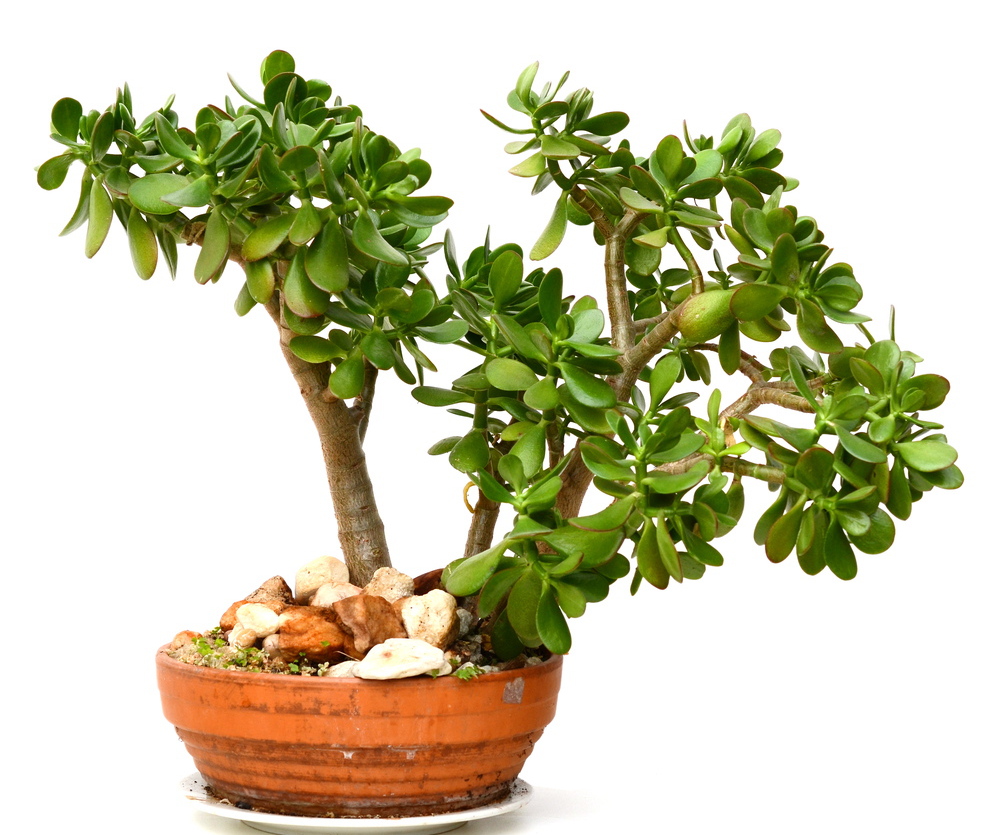The windowsill in my home office, built 6 inches deep just for this purpose, is loaded with succulents, including one sedum and a kalanchoe.
The hall windows on the way to the office have a blooming Christmas cactus – a relative of, but not like the desert cactus people know best – as well as a begonia, a croton, more succulents and a small terrarium we received as a gift.
The library – really just a wide spot in the hallway – has the big plants, including a banana, bird of paradise, cannas, fuchsia, eupatorium and some really nice variegated geraniums that we are saving to put outside next summer.
I won’t go through the orchids and other plants downstairs.
We don’t stop gardening just because the cold weather has forced us inside, although we don’t spend as much time on it as we do from April to November.
All of these plants, except for one that has lost most of its leaves, are doing well, even though they are tropicals and we keep the temperature in the low 60s in the day and a bit cooler at night. The only care they get is when Nancy waters with a quarter-strength solution of fertilizer.
The succulents are watered once a month and almost everything else gets watered once a week. After she waters, I vacuum to pick up the dead foliage she has pulled off the plants, along with the floor’s regular accumulation of dirt and dust.
It isn’t tough work.
“The biggest thing is not to over-water,” said Adam Coffin, a nursery assistant at Robin’s Flower Pot in Farmington, when I called him for advice on healthy houseplants. “That’s true especially in winter, because the plants aren’t actively growing.”
Some plants like a lot of light, he said. Some prefer more shade. Read the plant’s label, ask the person at the shop where you buy the plant or do a bit of research online to learn its preference.
“Just like the plants outside, you have to put the right plant in the right place,” Coffin said.
Like us, Coffin has a big collection of succulents that he uses as houseplants in the winter and puts on the patio in the summer.
He urges people not to be afraid of orchids, and I agree. If you buy them with a lot of buds, they will stay in bloom for several months. Then, if you are willing to replant them in bark and give them the conditions they want – humid air and only occasional watering – they should do well.
Ginny Moody of Moody’s Nursery in Saco likes ferns and cacti, because they require almost no care. Winter homes in Maine are dry with heated air, so cactus plants do especially well.
For blooming plants, she likes Rieger begonias, which bloom in the short days of winter and are different from begonias you plant as annuals outside in the shade. African violets also provide good blooms and come in a wide variety of colors.
For foliage plants, she prefers the jade plant and aloe vera, which are large succulents, because they are stunning and require little maintenance.
A 1989 National Aeronautics and Space Administration study suggested that houseplants filter the air of toxins from paints, dry-cleaned fabrics and solvents. Moody said plants would be good even if they didn’t filter out toxins.
“If nothing else, having plants adds humidity to the air, and indoor air in winter tends to be dry,” she said.
A quick online search on the topic turns up lists of dozens of plants that could help make your home healthier. My favorite, although we no longer have one, is the spider plant. Back in the 1960s, every off-campus apartment and many dormitory rooms in Orono had a spider plant, probably from the same lineage.
Spider plants, or Chlorophytum comosum, are grown as hanging plants, which send down stems with baby plants, or spiders, at their ends. These baby plants already have their roots, and you can either put them in water or directly in soil and let the roots develop further.
One plant could produce hundreds of other plants, which you can give to your friends, neighbors, relatives or anyone else – just to get rid of them.
It really doesn’t matter what plants you bring into your house. It is your house after all, and it should fit your tastes. But healthy, growing plants can add vibrancy to your indoor space, especially when things are dormant and frozen outside.
Tom Atwell is a freelance writer gardening in Cape Elizabeth. He can be contacted at 767-2297 or at tomatwell@me.com.
Send questions/comments to the editors.



Success. Please wait for the page to reload. If the page does not reload within 5 seconds, please refresh the page.
Enter your email and password to access comments.
Hi, to comment on stories you must . This profile is in addition to your subscription and website login.
Already have a commenting profile? .
Invalid username/password.
Please check your email to confirm and complete your registration.
Only subscribers are eligible to post comments. Please subscribe or login first for digital access. Here’s why.
Use the form below to reset your password. When you've submitted your account email, we will send an email with a reset code.